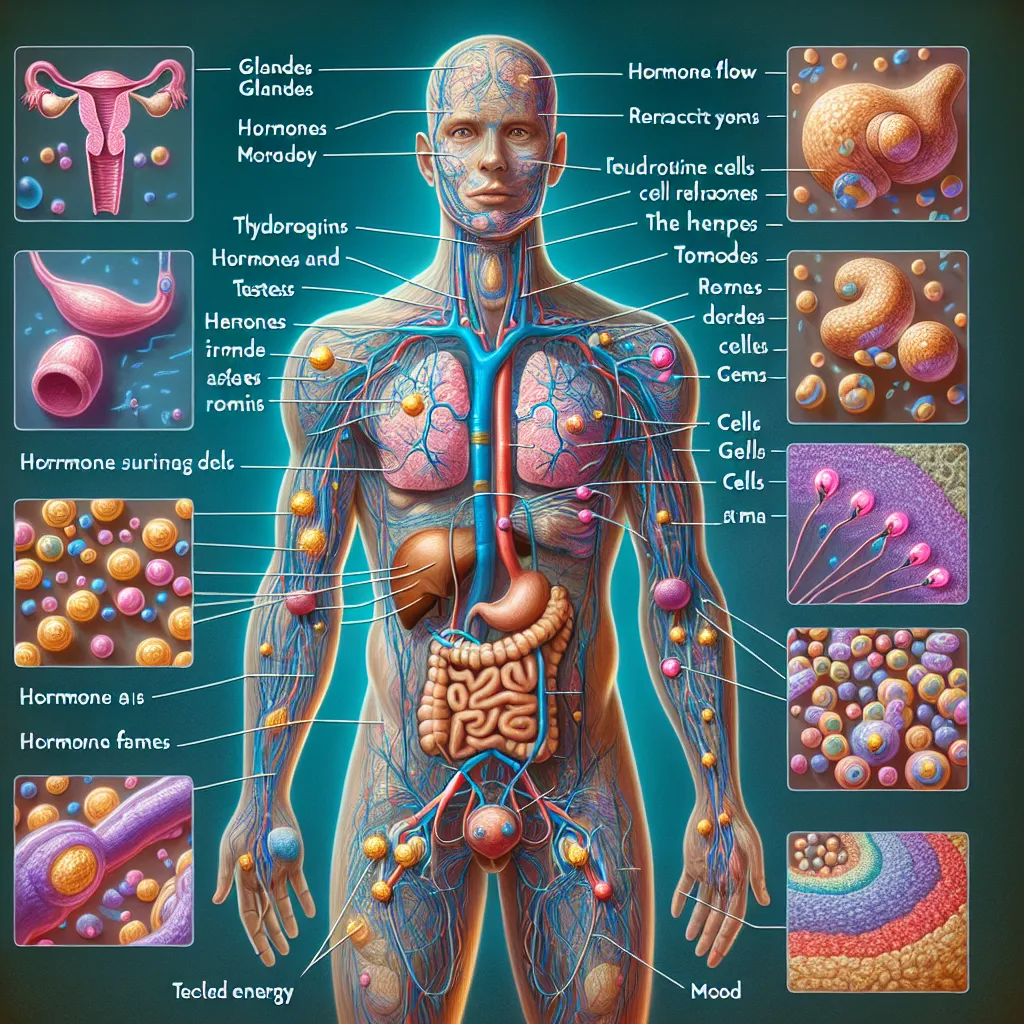How many times have you flipped a coin to make a decision? We all do it. With a 50/50 chance for heads or tails, it seems like pure randomness. But is it really? Actually, it’s not random at all. If we knew every variable—angles, forces, distances—we could use Newton’s laws to precisely predict the outcome. Newton’s world is deterministic: same conditions, same result every time. But what if we apply this to quantum realms, like electrons or photons? Can we predict their positions with certainty?
Quantum mechanics says no. Instead, it describes the location of particles using a wave function that only gives probabilities. The results we get are inherently uncertain. But does this mean the universe is built on randomness, or are we just missing information? Some interpretations suggest that with complete knowledge, we could predict everything. One such view is Bohmian mechanics, or Pilot-wave theory.
Superdeterminism takes this a step further. While Bohmian mechanics is deterministic, superdeterminism claims not only the particles but also the setups and choices we make are all predetermined. This challenges the usual independence assumed in quantum experiments.
Determinism means every event is a result of preceding causes. Know all the states accurately, and you can predict the future. However, quantum mechanics challenges this causal chain. Identical conditions can lead to different outcomes, which appear random.
In double-slit experiments, for example, we can only predict the probability of where an electron might land. The precise spot remains unpredictable. But what if quantum mechanics isn’t quite saying what we’ve interpreted it to say?
The Copenhagen interpretation, a popular view, suggests quantum objects exist in superposition until measured. The act of measurement collapses this into a specific state, introducing randomness. Yet, alternate interpretations, like Pilot-wave theory, argue for a deterministic universe where particles have definite positions, guided by a wave.
Bohmian mechanics presents a deterministic model where the trajectory of particles seems random only because we lack knowledge about their initial states. Bell’s theorem, however, seemed to rule out local hidden variables, suggesting any hidden variable theory must be non-local. Yet, Bohmian mechanics remains valid because it allows non-local influences.
Superdeterminism further suggests everything, including measurement setups and experimenter’s choices, is correlated with the particles they measure. Bell’s inequality assumes measurement independence; superdeterminism denies this, opening a loophole.
While interesting, superdeterminism faces skepticism. It postulates hidden variables but offers no clear way to identify or test them. It remains a subject of debate whether it or other interpretations, like the Copenhagen or many-worlds theories, offer the best explanation of quantum phenomena.
Despite these debates, superdeterminism could save physicality, locality, and determinism—hallmarks of classical physics. Yet, without more evidence or clear testability, it remains one of many intriguing ideas in quantum mechanics.
So, what do you think? Is superdeterminism a groundbreaking explanation or just a theoretical fantasy? Share your thoughts and keep diving into the mysteries of our universe.






